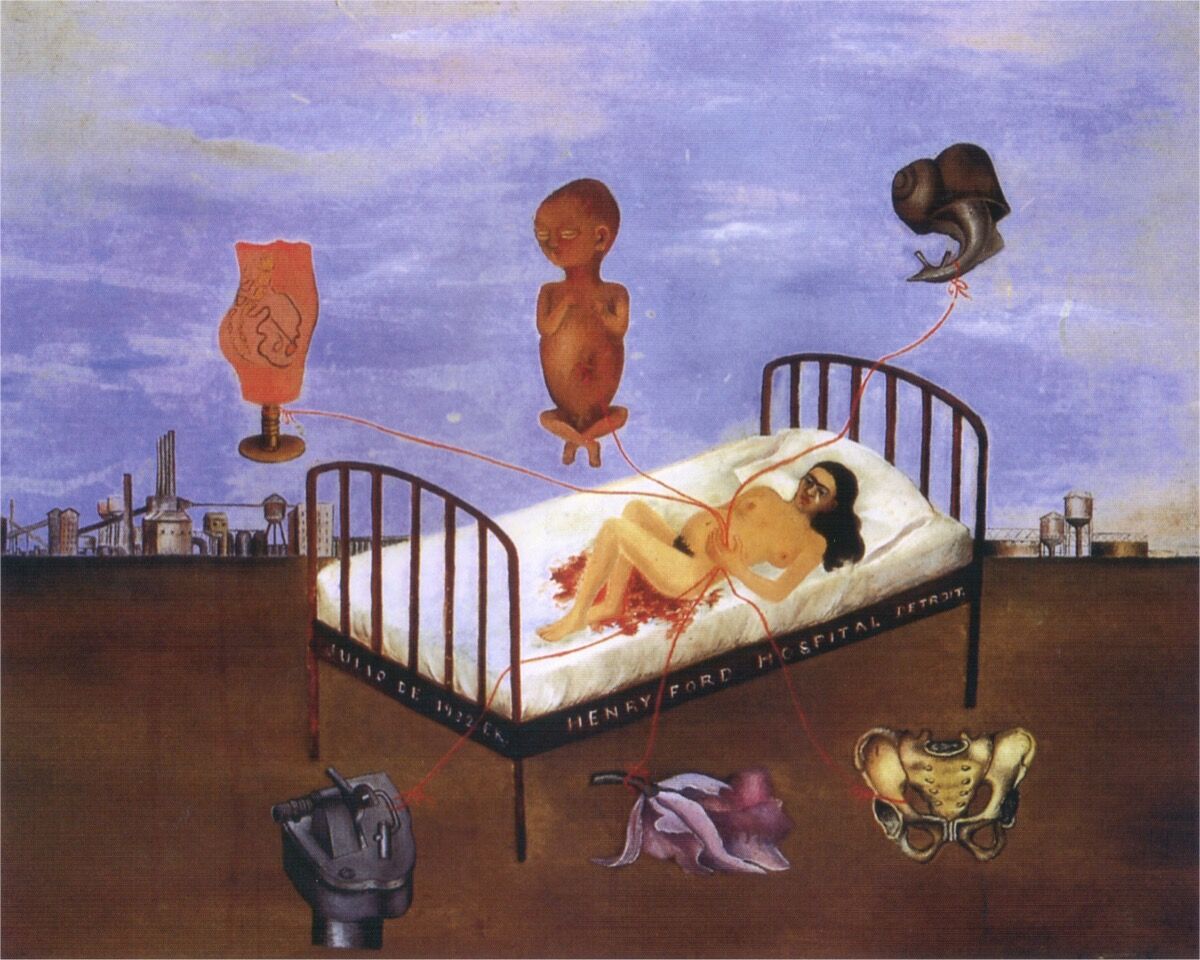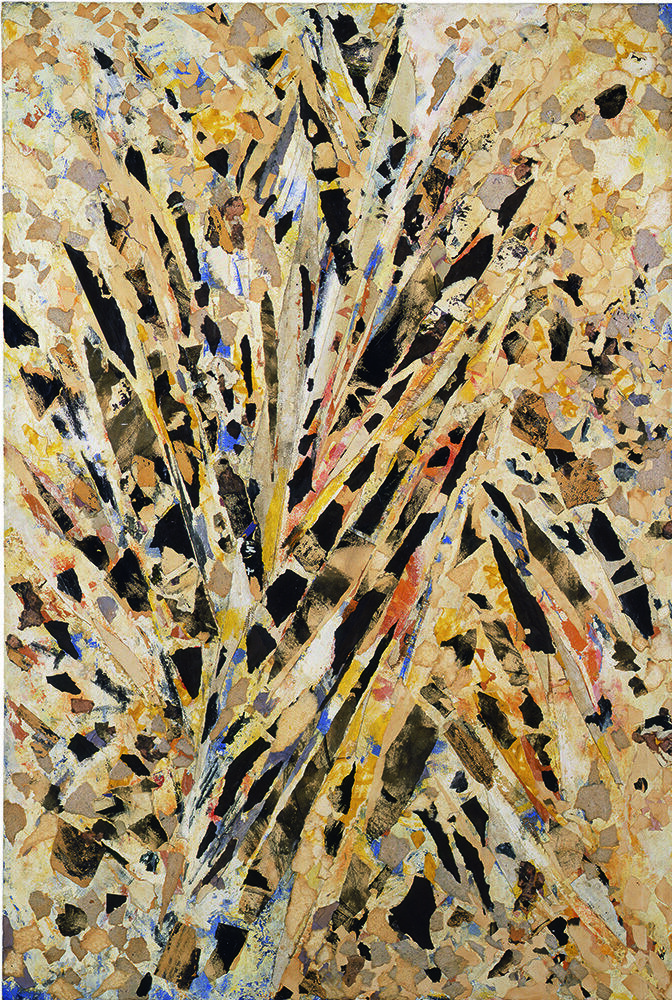The world of art during the Modernism era changed drastically and was crucial to the development of new ideas, concepts, and ways of thinking. Modernism influenced not only art, but also the economy, society and politics. From about the 1860’s to the 1970’s, Modernism took over completely to contribute to the growth of the European world. The concept of Modernism ranged from our culture since the Renaissance to the utopian like styles expressed by modern artists. Modern (female) artists and their newly introduced ideas contributed to the techniques and development of Modernism by actively participating in multi-media art. Women during this time would position themselves and their art against the predominantly male field of art. By doing so, their attempts of new styles such as abstraction, german expressionism, dada-ism, and surrealism were successful. However, before this success, women were fortunately granted the right to vote which was crucial to giving a voice to women for the first time. The importance of women and their roles within society and even art, flourished as the world become more “modern”.
| Hannah Höch, Roma, 1925, oil on canvas, 90 x 106 cm © Berlinische Galerie - Landesmuseum für Moderne Kunst, Fotografie und Architektur © VG Bild-Kunst, Bonn 2016 |
 |
Frida Kahlo, Henry Ford Hospital (la camo volando), 1932. Collection of Dolores Olmedo Mexico City, Mexico
|
The requirements of what was considered to art was no longer relevant to artists, the collection of using various foreign objects, media, shapes and colors was used to create a whole was not the traditional style of sculpture and paintings. The obscure visual artworks known as surrealism was the reason why artists like Frida Kahlo became acknowledged for their artwork.
| Ernst Ludwig Kirchner, Self-portrait as a soldier |
Whitney Chadwick, author of “Women, Art, and Society” wrote about the new range of opportunities offered to women due to the change of social hierarchy. Chadwick acknowledges the step in the right direction for all women, and specifically women who participated in creating art. Chadwick states “The emergence of a self-conscious set of practices and characteristics through which the modern in art is understood developed gradually and coincided with the appearance of the first generation of women artists with more or less equal access to artistic training” (Chadwick 279). Shortly after the introduction of Modernism came along the concept of Post modernism which was society’s movement inspired by all the new ideas introduced by modernism. Post modern art can be described as by Chadwick, “the breaking down of the unified (though hardly monolithic) traditions of Modernism…The fact that Postmodernism draws heavily on existing representations, rather than inventing new styles, and that it often derives its imagery from mass media or popular culture, has focused attention on the ways that sexual and cultural difference are produced and reinforced in these images” (Chadwick, 382).
 |
Burning Candles, 1955
Lee Krasner
American Federation of Arts
|
Postmodernism differs from the idea of modernism because postmodernism explicitly portrays society freely and further deconstructs traditional art. The uncertainty of postmodernism pushed the boundaries beyond the Modernist movement. Along with the uncertainty of postmodern art, came the fluidity of how art was defined. From researching performance art for my group presentation, I learned about how art expands to theater with performance artists such as Marina Abramovic. Abramovic has courage to solely focus her feelings onto her physical performances to create an image or video. However, this courage to interact with her audience and portray abstract messages and ideas was what made Postmodernism an essential movement in art. The messages taught during these artistic performances & art pieces focused on the importance of the self, feminine sexuality and the nude female body.
Works Cited
The Guerilla Girls, The Guerrilla Girls' Bedside Companion to the History of Western Art. Penguin Books, 2006.
Chadwick, Whitney. Women, Art, and Society. Langara College, 2016
No comments:
Post a Comment